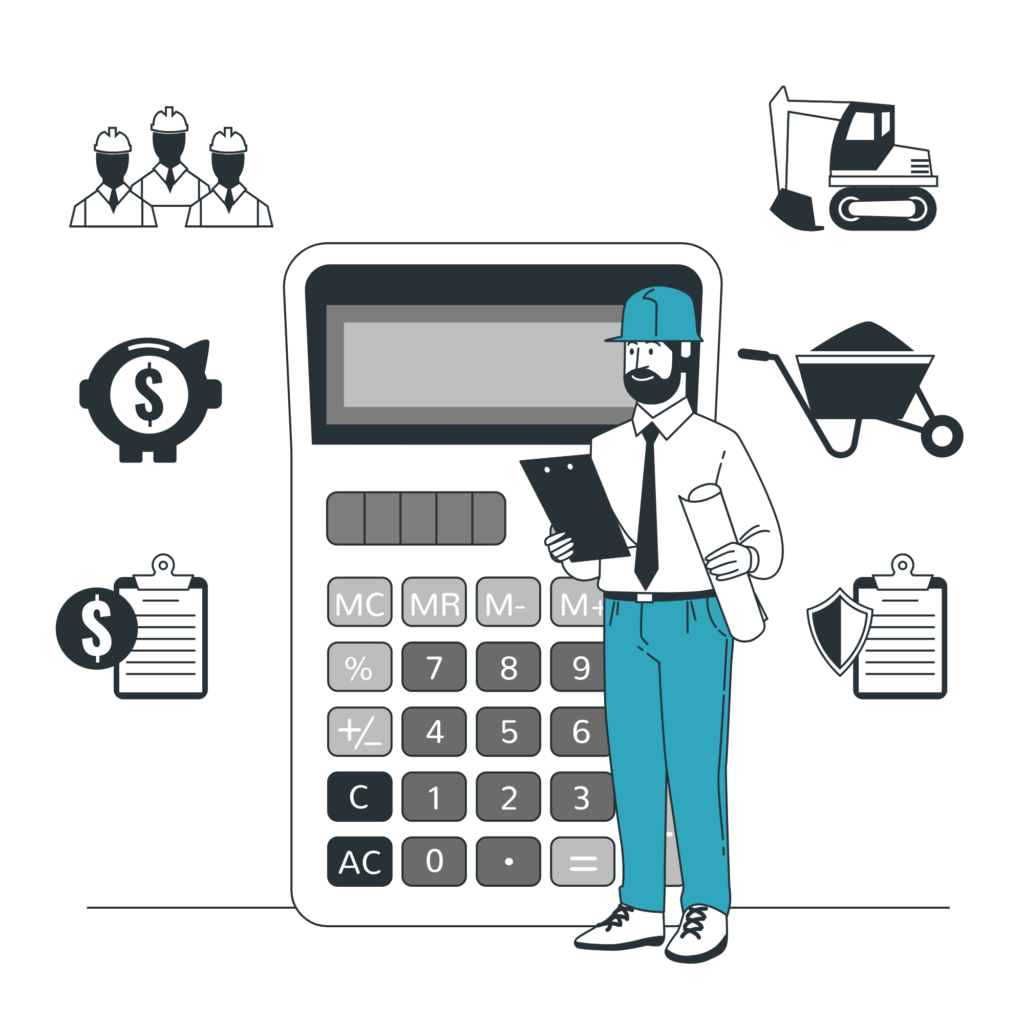What Is the Cost of Not Using an ERP?
What Is the Cost of Not Using an ERP?
Companies that rely on outdated processes and disconnected systems are at a disadvantage. Enterprise Resource Planning (ERP) systems have become essential for streamlining operations, improving productivity, and driving growth. But what happens when a business chooses not to implement an ERP? The hidden costs may be higher than you think.
The Hidden Costs of Not Using an ERP
1. Operational Inefficiencies
Without an ERP, businesses often use multiple, disconnected software solutions to manage different functions—accounting, inventory, HR, sales, and customer service. This fragmentation leads to inefficiencies, such as:
- Manual data entry errors
- Delays in reporting
- Difficulty tracking real-time business performance
These inefficiencies lead to wasted time and increased labor costs, slowing down overall operations.
2. Inaccurate Data and Poor Decision-Making
Data silos—where different departments store their own data separately—make it difficult to get an accurate, company-wide view of operations. This lack of real-time visibility can lead to poor decision-making, impacting profitability and growth.

3. Higher Operational Costs
Maintaining multiple software solutions and legacy systems is costly. These systems often require separate licenses, maintenance, and IT support, which add up over time. An ERP consolidates these expenses, reducing overall operational costs.
4. Lost Revenue Due to Poor Customer Experience
Customers expect fast service, accurate orders, and real-time support. Without an ERP, businesses struggle with order tracking, inventory management, and personalized customer service. This can lead to customer dissatisfaction and lost sales opportunities.
5. Compliance Risks and Security Issues
Industries with strict regulatory requirements must ensure proper data management and security. Using spreadsheets or outdated software increases the risk of non-compliance, resulting in penalties, reputational damage, and legal issues.

The Solution: Why Investing in an ERP Pays Off
Implementing an ERP system eliminates these inefficiencies and hidden costs. A well-integrated ERP can:
- Automate processes and reduce manual tasks
- Provide real-time business insights
- Improve customer experience with better order management
- Reduce IT and maintenance costs by consolidating systems
- Enhance compliance and data security
Is It Time to Implement an ERP?
If your business struggles with inefficiencies, disconnected data, or high operational costs, it is time to consider an ERP solution. The cost of not using an ERP is far greater than the investment required to implement one.
At INNORMAX, we help businesses transition seamlessly to ERP solutions that drive efficiency and profitability. Contact us today to learn how an ERP can transform your business.


